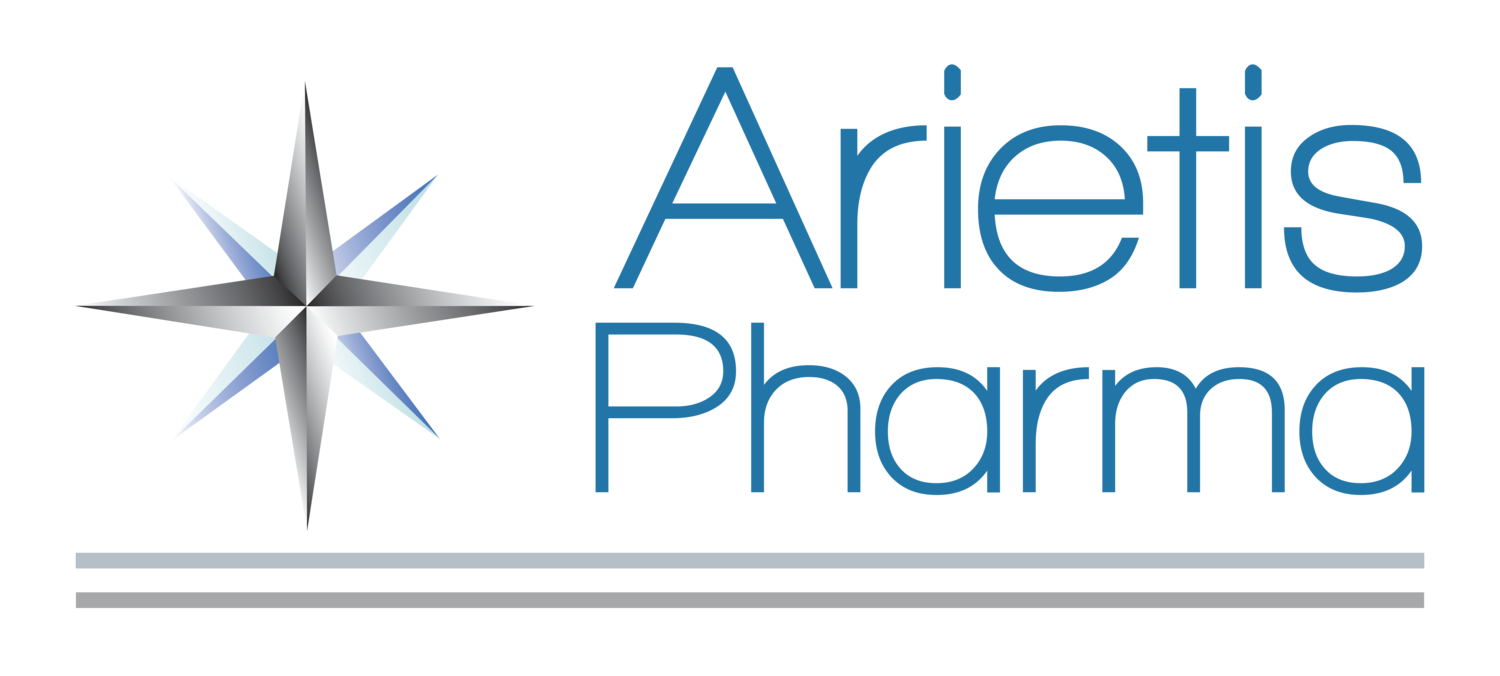TECHNOLOGY
Image if antibiotics worked against even the most complicated infections, such as device-associated infections, osteomyelitis, and endocarditis, and routine infections could be treated more quickly and effectively.
Arietis is developing first-in-class small molecule antibiotics to treat drug resistant bacterial pathogens and infections with a high unmet clinical need.
Our lead antibiotics cause bacterial cells to self-digest through activation of the ClpP protease. This unique “activating” mechanism causes rapid and exceptional killing of highly resistant "ESKAPE" pathogens
First discovered in the 1980’s, the full potential of ADEP antibiotics was not realized as they displayed poor pharmacokinetics, and developed resistance at a high frequency in the laboratory. Arietis first characterized the exceptional killing properties of these molecules and discovered that resistance does not occur if ADEPs are combined with other antibiotics using hollow-fiber pharmacodynamic studies. Our structure guided chemistry program has yielded over 300 proprietary antibiotics, which display improved pharmacokinetics properties compared to first generation molecules. ADEP synthesis consists mostly of high yielding peptide bond forming reactions, and is readily scalable. To aid in optimization, a suite of biophysical (SPR, ITC, NMR) and biochemical assays (casein digestion) were developed to carefully monitor the affinity and activation of ClpP. Analogs then enter our screening cascade i.e. MIC, protein binding, metabolic stability, solubility, etc. to rationally guide optimization. Suitable candidates enter in vivo validation studies and to date, we have demonstrated major gains in area under the curve (AUC), half-life, clearance, and volume of distribution, and demonstrated that other key criteria, such as protein binding and cytotoxicity are tunable, all while maintaining potency. Lead candidates display efficacy in animal models of infection which are highly predictive for humans, including septicemia, neutropenic thigh, lung pneumonia, and in a complicated model of biofilm foreign body infection.
Arietis focuses on antimicrobial discovery and therapies for recalcitrant infections. Current antibiotics work in conjunction with the immune system and are unable to completely eradicate the pathogen. Survival is due to microbial cells entering into a dormant state, which is tolerant to antimicrobials. These tolerant cells can be responsible for chronic and relapsing infections.
Our goal is to develop sterilizing antibiotics for the following indications:
- Skin and soft tissue infections with S. aureus and MRSA
- Gastritis due to Helicobacter pylori
- Bacterial and fungal infection of implanted medical devices
Pathogenic bacteria continually develop and spread resistance, yet the antibacterial armamentarium is increasingly limited.
Founded in 2008, Arietis bridges an important gap in antimicrobial drug discovery and technology development. Arietis has forged productive alliances and partnerships within the biotechnology community as we advance our capacity to develop effective drug products. We are committed to building value for our partners and shareholders, and are well positioned to capitalize on the growing antimicrobial market. We are committed to providing innovative solutions for the problem of persistent infections, thereby decreasing the overall burden on healthcare worldwide.

